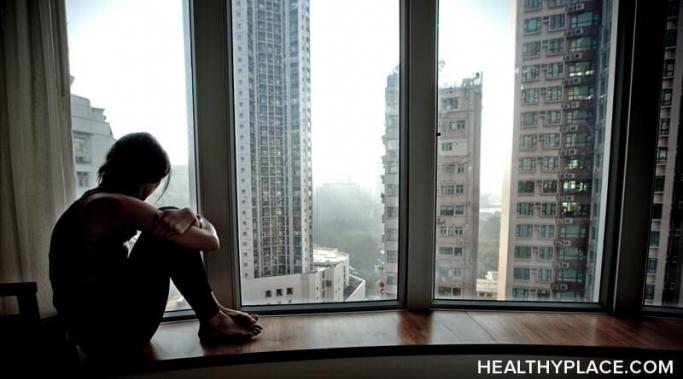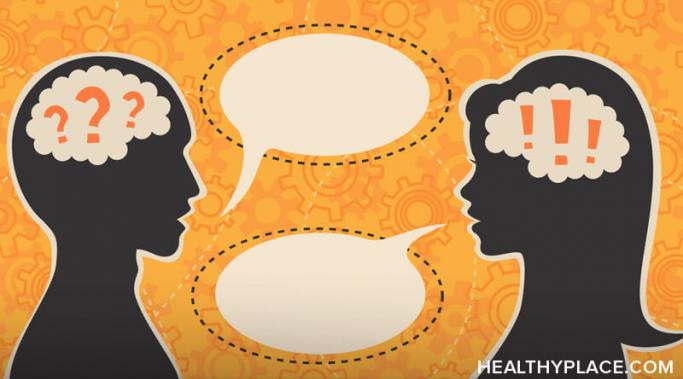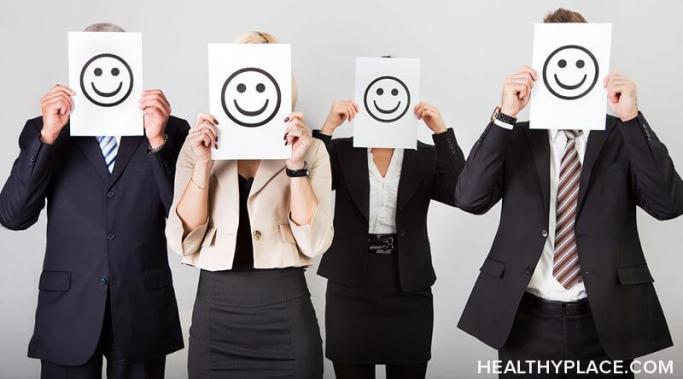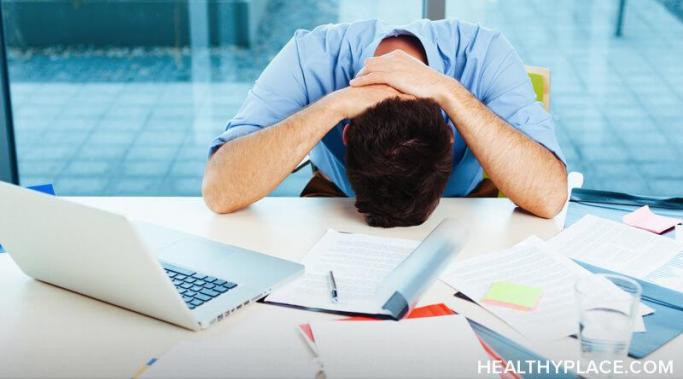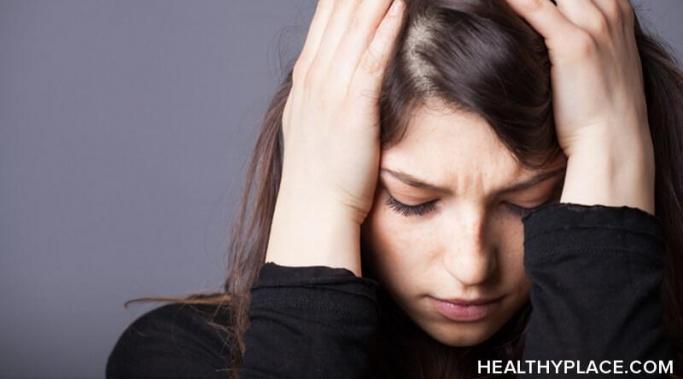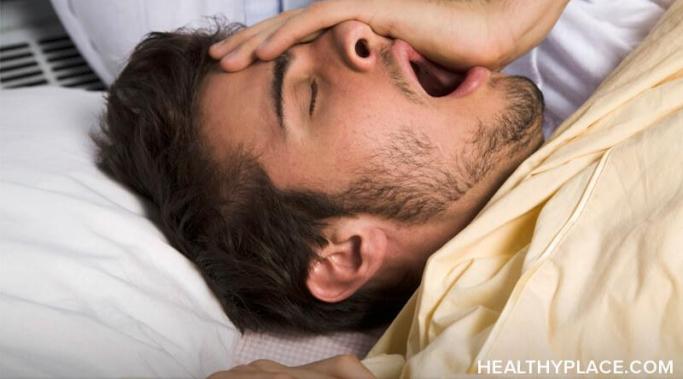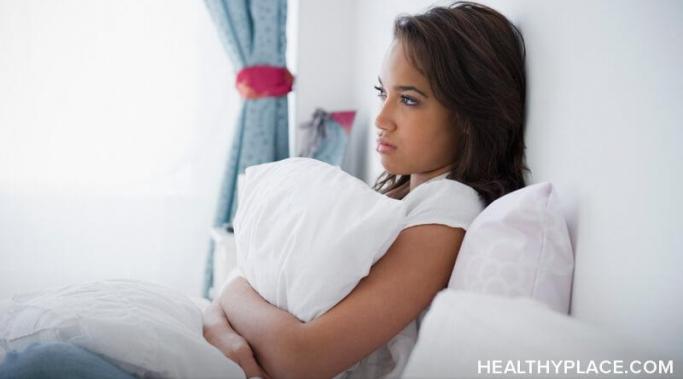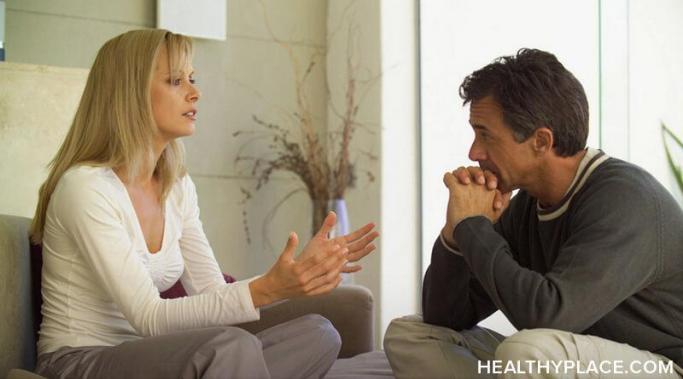I've found that depression and isolation go together. I was responding to a comment on Jennifer Tazzi's blog post "What to Do When Depression Feels Like a Glass Wall" from several years ago. Her post inspired me to write about isolation and derpession because I could relate.
Depression Symptoms
Many people find it challenging to cope with disappointing others, whether a loved one, a friend, or a coworker. I am no exception. I will avoid disappointing someone if possible. We all know how it feels to be disappointed or let down, so why would I want to inflict that feeling onto someone else? I possess great empathy for others, almost to a fault. So, to know that I am about to confront someone and make them feel sad or disappointed makes me feel guilty, which then leads to depression. However, lately, I have been trying to reroute my thinking and people-pleasing tendencies to remember the positives and why I can no longer appease everyone to help cope with disappointing others.
Coping with depression at work isn't easy. I currently work full-time from home. Like many others, I spend more time in front of the computer and on the phone with strangers than with loved ones. Once I clock out, I am so drained that I don't want to talk to anyone. My social battery is empty. Yet, the next day, I put on that smiling face and log back in to start the cycle again. Working takes up so much of my time and energy that there have been many times when working triggered a depressive episode. Or, if I was already depressed, work made my sadness even worse without specific ways to cope with depression at work.
Looking for a new job is never easy, but depression while job hunting is even worse. Being unemployed at the same time is terrible, too. Unfortunately, I have experienced that in the last couple of years. Getting lost in the cumbersome tasks of revamping my resume and applying for jobs is dispiriting. Thus, it becomes easy for job hunting to cause my depression to set in quickly.
As a writer, I’ve found creativity is one of the first things to be affected when my depression rears its ugly head. Depression makes it harder to motivate myself to write and harder to express my unique creative voice—the thing that brings me the most joy.
People often hide their depression well. We don’t want to worry our loved ones. We fear being judged and stigmatized—even now when mental illness is much better understood and accepted than in decades past. We may see our disease as a weakness, something that we need to tackle alone. Maybe we’re in denial, hiding our depression not only from others but from ourselves.
When someone dies by suicide, condolences pour in both online and offline. People grieve the loss of the deceased individual via statements like, "If only they had reached out to me before taking this step, I would have helped them." Unfortunately, this is untrue. It is trendy to pay lip service to mental health (or the lack thereof). Whether it's organizations or individuals, #MentalHealthMatters as long as it doesn't inconvenience anyone. (Note: This post contains a trigger warning.)
Depression often makes me want to do nothing. Whether it's due to demotivation, apathy, fatigue, or despair, I only want to sleep as much as possible. When I know in my gut that I need the rest, I sleep and feel better the next day. But I usually fight the urge to do nothing because giving in to it makes my depression worse. This seems to be a common issue for depressives, and knowing my reasons may help you figure out yours.
Of late, life has become pretty humorless. I don't find anything funny; on the contrary, I cringe at jokes that get laughs out of most people. If others' jokes have this effect, it's a given that I cannot see the funny side of things myself. And to think I used to be a mischievous twentysomething. Well, my grim outlook and lack of a sense of humor are more a result of depression than a side effect of growing up.
It's no secret that depression can affect your behavior -- that it can cause you to do and say things you wouldn't ever otherwise do or say. But when should you hold yourself accountable for bad behavior? And to what extent does mental illness excuse bad behavior? What kind of allowances should we expect in times of poor mental health, and what kind of allowances should we be prepared to grant to others? When is depression simply not an excuse?
